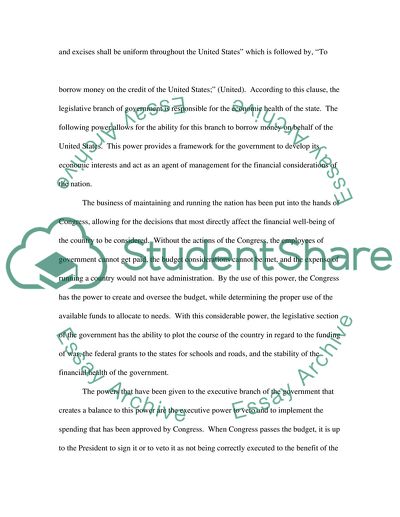Cite this document
(“Separation of Powers Research Paper Example | Topics and Well Written Essays - 1500 words”, n.d.)
Retrieved from https://studentshare.org/miscellaneous/1553064-separation-of-powers
Retrieved from https://studentshare.org/miscellaneous/1553064-separation-of-powers
(Separation of Powers Research Paper Example | Topics and Well Written Essays - 1500 Words)
https://studentshare.org/miscellaneous/1553064-separation-of-powers.
https://studentshare.org/miscellaneous/1553064-separation-of-powers.
“Separation of Powers Research Paper Example | Topics and Well Written Essays - 1500 Words”, n.d. https://studentshare.org/miscellaneous/1553064-separation-of-powers.


